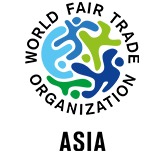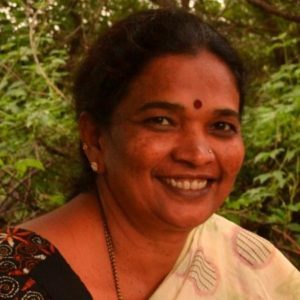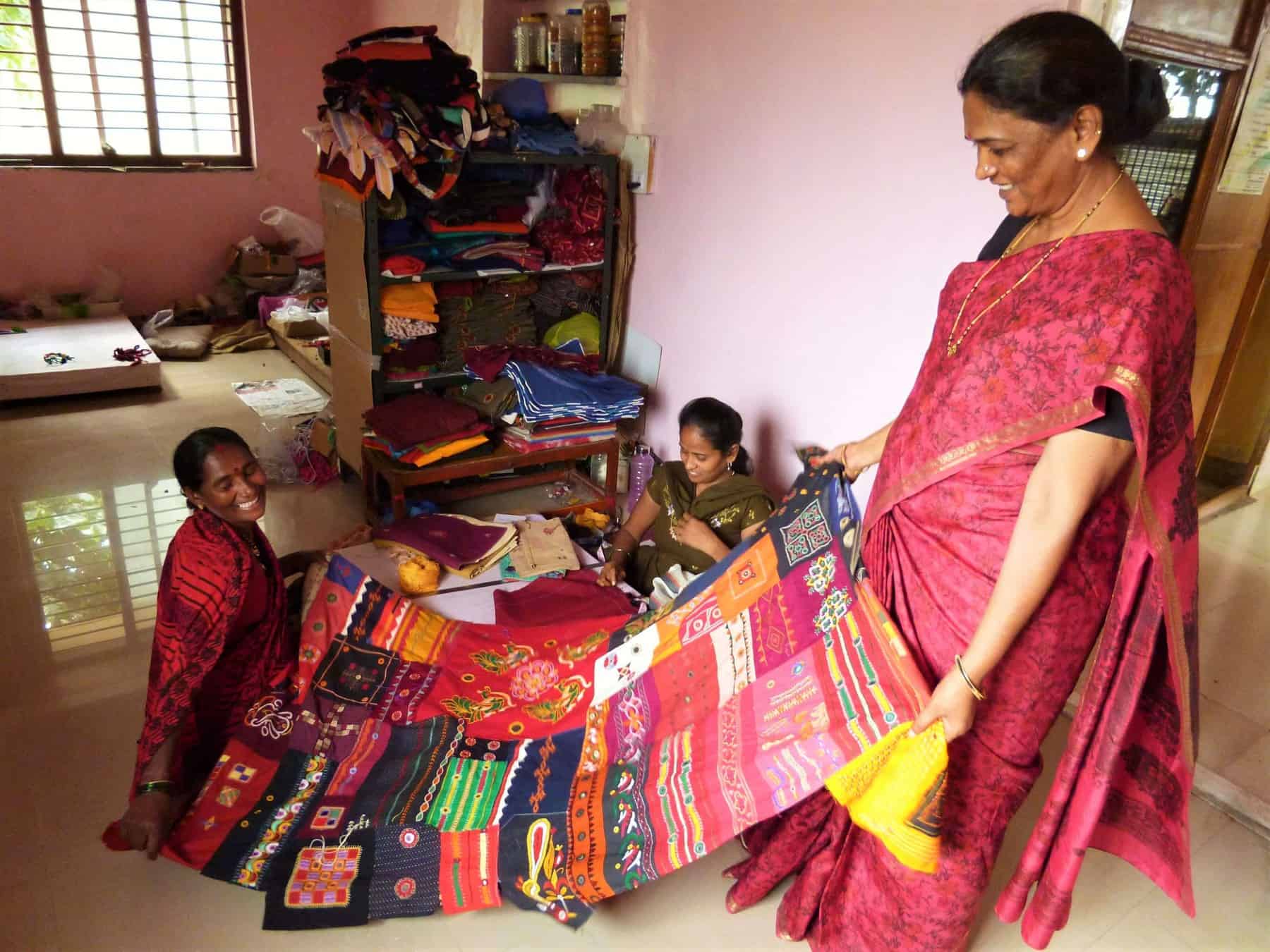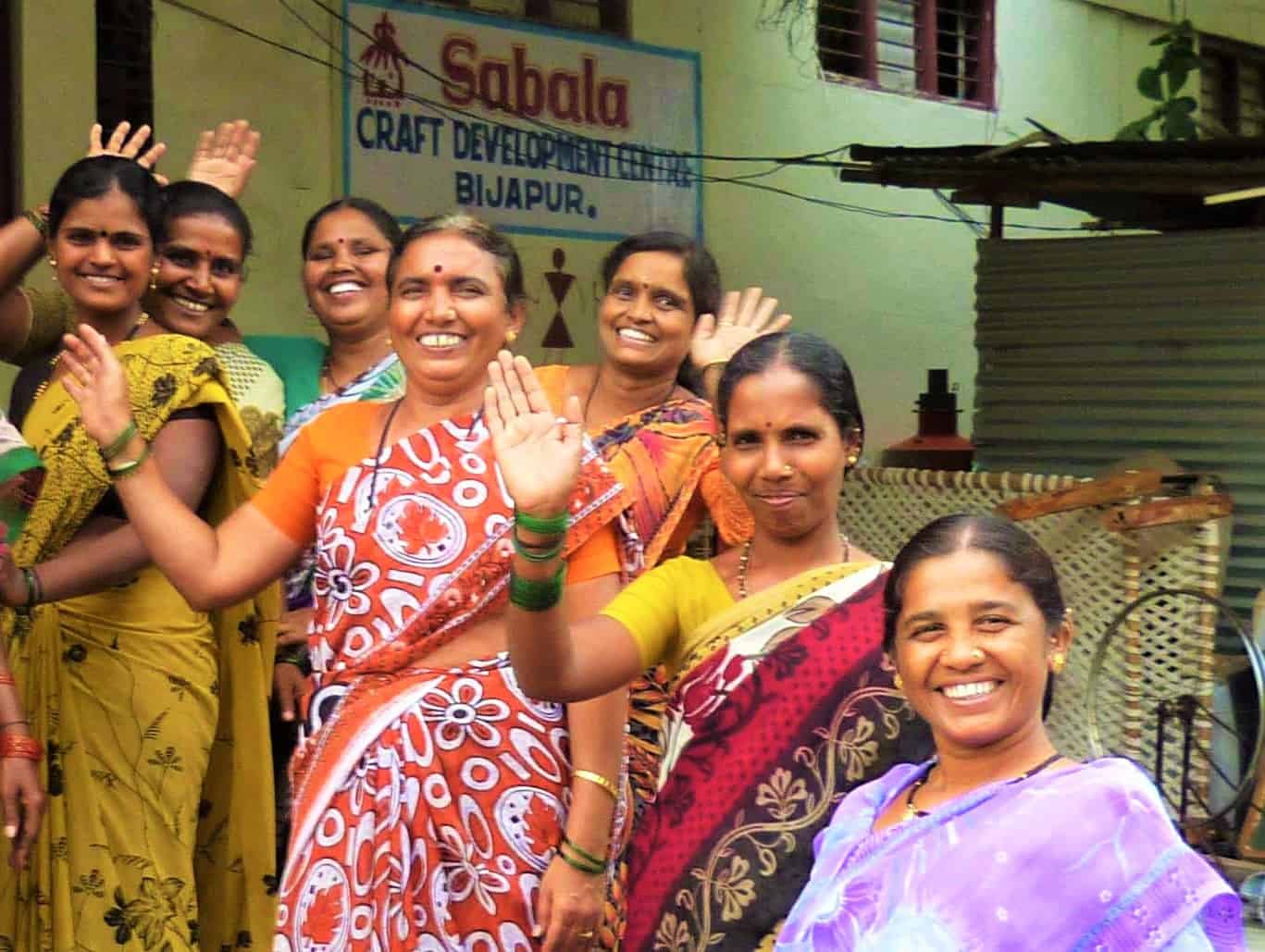
Behind Fair Trade’s success and growth are the faces of Fair Trade — those whose vision, courage, and talent have made the world a more just place. In order to commemorate and to give the recognition these Fair Trade fighters deserve, we are pleased to feature “Unsung Fair Trade Heroes” in upcoming blogs.
By shining light on the lives, successes, and challenges of these heroes, we hope their stories inspire partners and friends of Fair Trade and the world at large.
Our First story is about Mallamma shivanand Yalawar, founder and CEO of Sabala, President at Chaitanya Manhila Sahakari bank Ltd., and Vice President of WFTO-Asia. Since 1986 Yalawar has been challenging regressive attitudes towards women in India. Through her work with Sabala, she has created inspiring initiatives that mobilise and empower women, helping to raise their profile in society.
How one woman changed the lives of many
Mallamma Yalawar grew up in a traditional Indian household as the youngest of nine children. In accordance with tradition, Yalawar was destined to work on her family’s farm. However, despite the traditional values of a male dominated society, Yalawar was determined to go to school and to be the first girl in her family to attend university at any cost. When she was selected to attend a 15-day camp with 150 other women. Yalawar for the first time encountered an open, progressive forum where women could exchange ideas about the issues affecting their lives. The topics discussed in the camp included poverty, lack of opportunities in education, and various forms of discrimination against women.
Moved by her desire to bring about change, Yalawar came together with like-minded people and started Sabala in 1986. The organization’s prime objective is to empower women through skills training, helping them to gain self-confidence as well as providing them with opportunities to generate income. During the conception of Sabala, Yalawar gained a better understanding of problems facing women in rural India through her visits to families in villages. On these visits she evaluated local attitudes towards women’s education and began formulating ways to improve the standard of living.
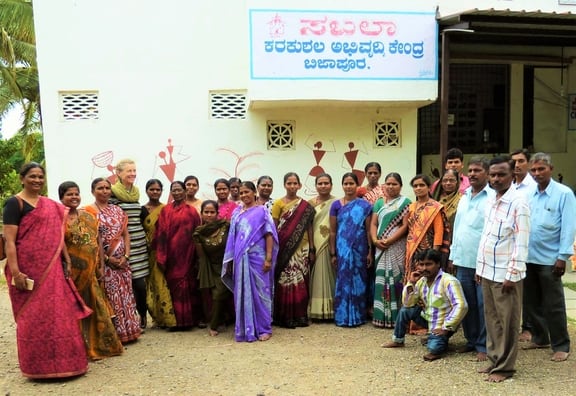
Women in India receive much lower wages than their male counterparts. In the agricultural sector, this disparity results partly from the fact that profits generally accrue to male heads of households, even if women in the household are putting in more labour (as they often do). To fight against income inequality, Yalawar created classes training women to become small business owners. Still, due to lower wages, lack of property rights, and difficulties securing bank loans, it is very difficult for women to establish successful businesses. Yalawar continued the battle against inequality with her initiative, Chaitanaya Mahila Sahakari Bank Ltd., a bank by and for women established to provide business loans helping women to achieve financial freedom. The bank follows the Banking Regulation Act 1949 as well as the Kerala Co-Operative Societies Act, policies aimed at raising the status of impoverished women through financial means while providing access to small-scale industries.
In addition to financial support, Yalawar educates young women about the risks of child marriage, a practice still prevalent in India. Many families across India favor the traditional marriage system whereby matches are fixed by the parents of the bride and groom. In rural areas, social and economic factors dictate that engagements may be fixed when both the bride and groom are very young. Girls are married as young as 13 years old because a younger bride means fewer marriage expenditures. Lack of education is a major factor in the continuing pervasiveness of child marriages. Yalawar’s education initiative is based on the idea that if girls are educated, they will be empowered to delay marriage until they are old enough.
Another issue Yalawar has tackled is the devadasi system, an ancient practice in some parts of South India that is now seen as little more than glorified sex trafficking. In this system, which is highly controversial in India and abroad, young girls are bonded to temples and forced to act as “servants of god” by acting as sex slaves for wealthy patrons of the temple. Devadasi and their children face various forms of discrimination in their communities and may have difficulty accessing education and social welfare. Yalawar, together with the Sabala community, challenged this by writing a petition to the government fighting for the rights of victims of the devadasi system. In addition, Sabala began providing outreach programs for youth in these communities, to educate them about the dangers of the devadasi practice.
Sabala now works with over 358 producers of which 95% are female, offering help to more than 8000 women in India. Without Mallama Yalawar ,these women would likely not be where they are today. Sometimes it only takes one person to shine a light on damaging cultural practices and Yalawar did that along with the help of the SABALA community. With the phrase “For women and by women,” Yalawar will continue to fight for women in rural India. Mallamma Yalawar is a true agent for change and a hero for many.
Blog Credit: Kyra Marie Assibey-Bonsu, WFTO-Asia volunteer
